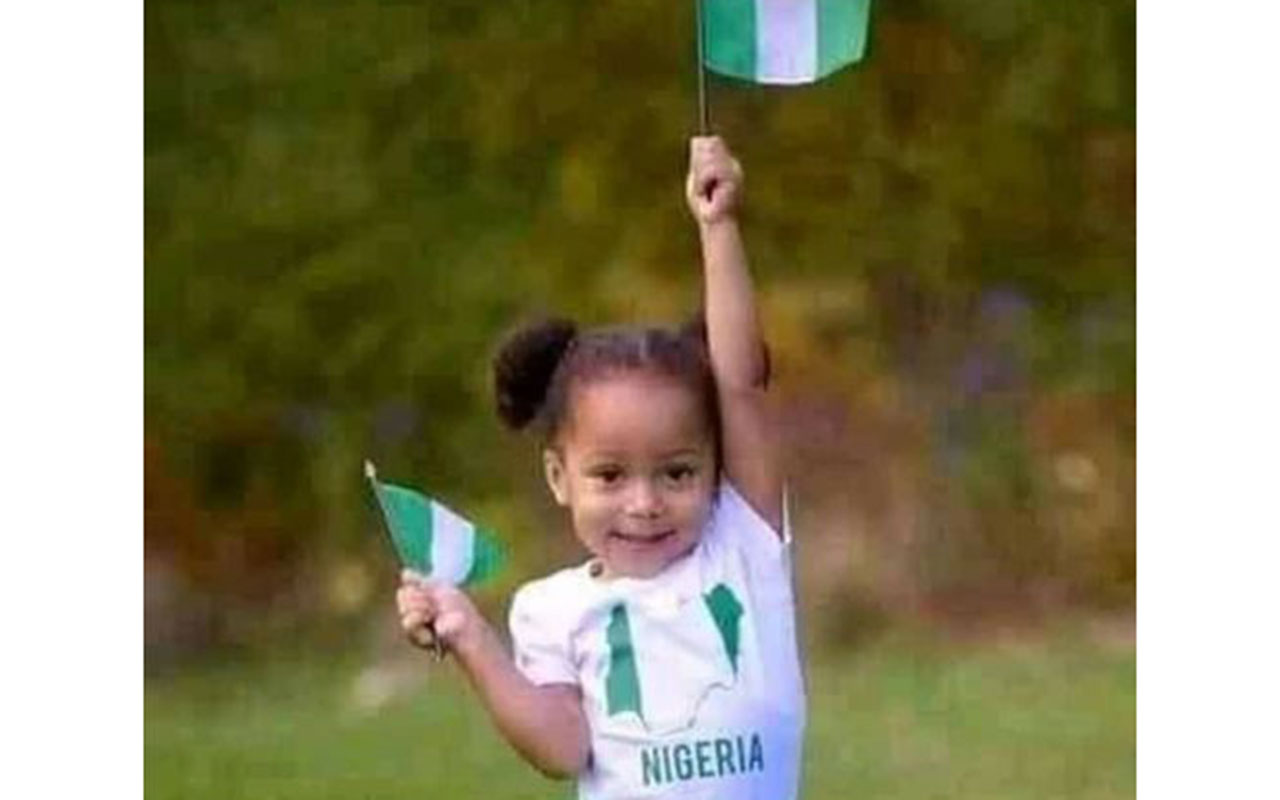 October 1, 1960, was a significant day in the history of Nigeria. It was the day Nigeria became free from British colonialism. And since then, Nigerians devote every October 1 to celebrate the liberty and prosperity of their sovereign nation, bred on the selfless sacrifices of their heroes past.
October 1, 1960, was a significant day in the history of Nigeria. It was the day Nigeria became free from British colonialism. And since then, Nigerians devote every October 1 to celebrate the liberty and prosperity of their sovereign nation, bred on the selfless sacrifices of their heroes past.
Parents have a role to play in ensuring that their children develop a sense of appreciation for Independence Day celebration to ensure that future generations do not trivialise its importance.
[ad]
There are many ways to educate your children on the significance of Independence Day. One of them is by telling insightful stories about some of Nigeria’s key figures that were at the frontlines in the fight to free Nigeria from the shackles of colonialism. This would help them to form a cultural identity that instils a sense of pride and belonging to their country.
Learning the back-stories of Nigerian icons like Pa Anthony Enahoro and Nnamdi Azikiwe, and also some of the key values they upheld can be inspiring to children, who will learn that other individuals with the same cultural backgrounds and roots achieved such remarkable feats. It will also spur a sense of patriotism for their motherland.
Visual media is arguably the most effective means of passing on the national heritage of Independence. There are a number of historical movies and documentaries that visualise our history en route to Nigeria’s triumph over colonial oppression. These include ‘October 1’, ‘The Amazing Grace’ and ‘Invasion 1897’. Parents and guardians should spare moments to view these films with their wards, as it could help them create an impression on the struggles and sacrifices that led to Nigeria’s independence. It is also important that they are allowed to form their own opinions and freely ask any questions they may have. Always remember to select age-appropriate content for viewing.
Parents can also participate in arts and crafts with their children during Independence Day celebrations. The theme of the art forms should be centred on Nigerian history. This presents an opportunity for them to express their love for motherland, and demonstrate their understanding of Nigeria’s independence. You can throw in a reward for your child to stir up his or her interest and participation.
You can also make Independence Day a special occasion worth looking forward to by your child by preparing some delectable Nigerian cuisines to mark the day, preferably a special dish from a different tribe or ethnic group. Children need to be taught from an early age to appreciate Nigeria’s cultural depth and diversity. They need to learn that they are first Nigerians before any ethnic affiliations. It was the earnest desire of our founding fathers to see a united Nigeria, and this message must constantly be passed on.
It goes deeper than helping children understand Nigeria’s independence; they need to develop affection and a sense of appreciation for their deep-rooted cultural heritage. These gestures are huge steps in the right direction.
[ad]


